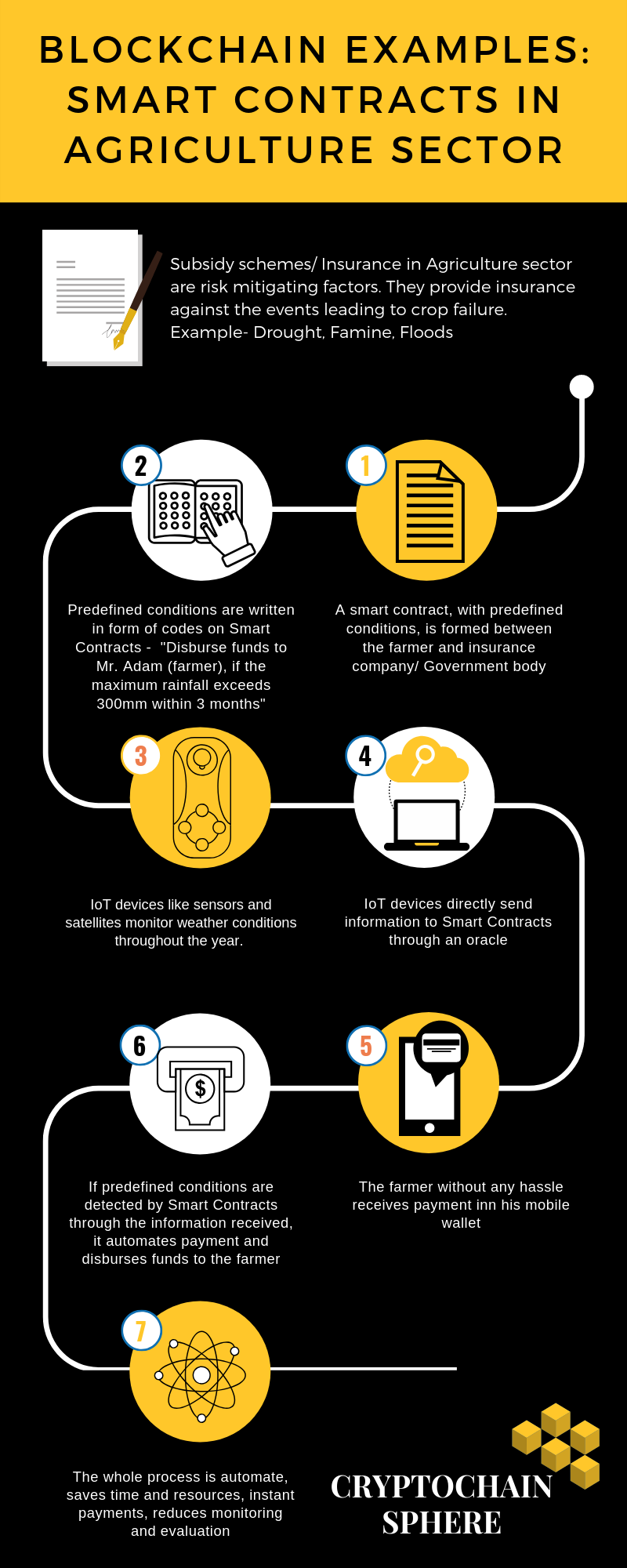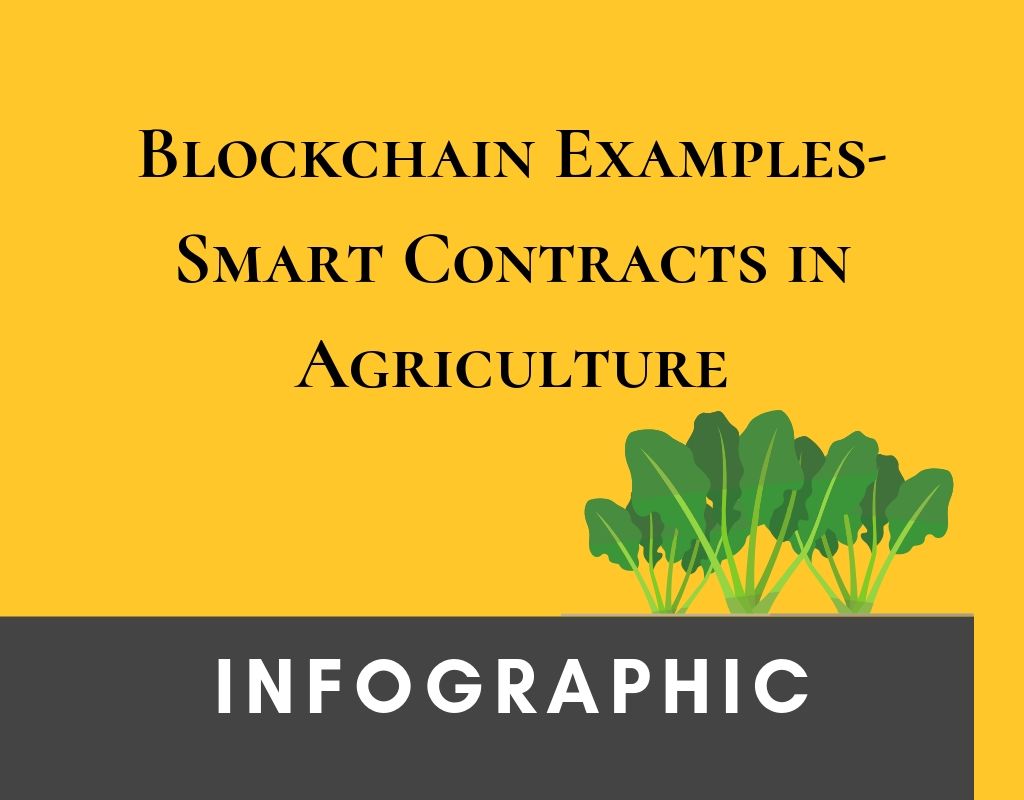Practical blockchain examples applied to Agriculture Sector
Blockchain technology can add immense value to the field of agriculture. For a better understanding of the applications and use cases of blockchain in the agriculture sector, read this post here
In this post, we are discussing real case scenario blockchain examples for the field of agriculture.
Blockchain Examples- Smart Contracts in Agriculture: An Infographic

Smart Contracts
Smart contracts developed on the blockchain protocol are the latest technological innovation trend. The unique features offered through smart contracts enabled by blockchain technology can be a game-changer for many industries.
In this particular case, we are going to explore the use of Smart Contracts in providing insurance or subsidy schemes to smallholder farmers.
Insurance/ Subsidy Schemes for Agriculture
Agriculture insurance or subsidies are mechanisms for social protection of farmers and those engaged in livestock activities. These subsidies then act a relief to farmers in case of a drought, flood or other natural catastrophes. Furthermore, insurance schemes act as risk-mitigating factors.
Despite this, there is a major lag in the adoption of such schemes by farmers. The present methods implemented are time-consuming, labor-intensive, unsatisfactory for smallholder farmers, cost delayed payments and also mired with a lack of transparency. Hence the government subsidy schemes and private insurance do not capture attention and the adoption level is low.
How does an Insurance based Smart Contract Work?
- A smart contract, with predefined conditions, is formed between the farmer and insurance company/ Government body
- Predefined conditions are written in the IoT devices like sensors and satellites monitor weather conditions throughout the year. form of codes on Smart Contracts – “Disburse funds to Mr. Adam (farmer), if the maximum rainfall exceeds 300mm within 3 months”
- IoT devices directly send information to Smart Contracts through an oracle
- The farmer without any hassle receives payment in his mobile wallet. This mobile wallet is directly linked to the smart contract, thus simplifying the manual process.
- If predefined conditions are detected by Smart Contracts through the information received, it automates payment and disburses funds to the farmer
- The whole process is automated, saves time and resources, instant payments, and also reduces monitoring and evaluation
We will keep exploring real case scenario blockchain examples, smart contract examples. Stay tuned to this segment!

